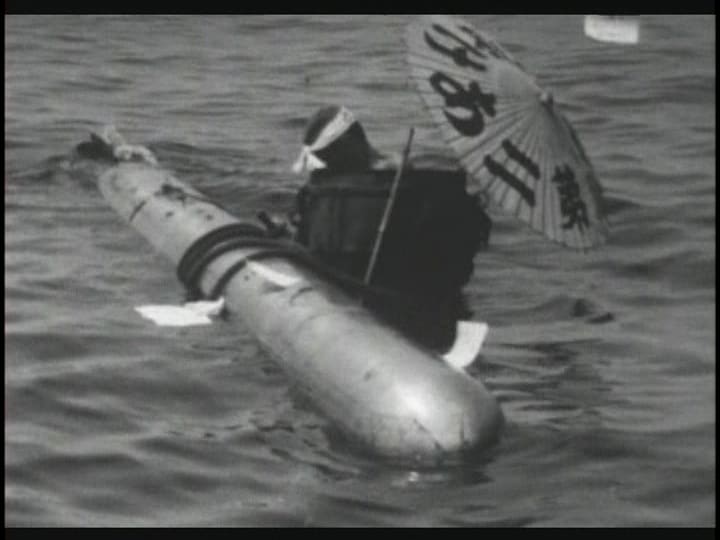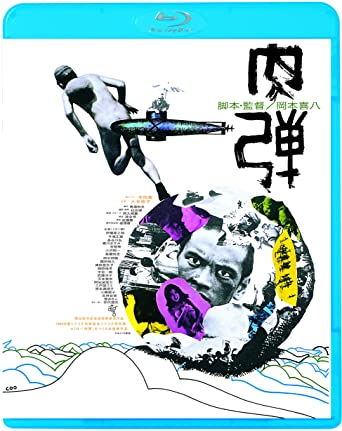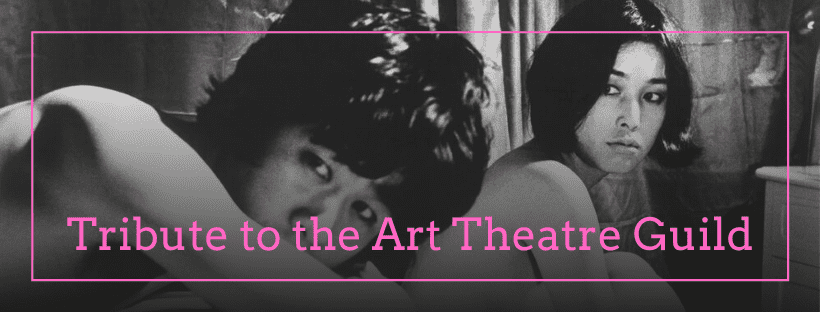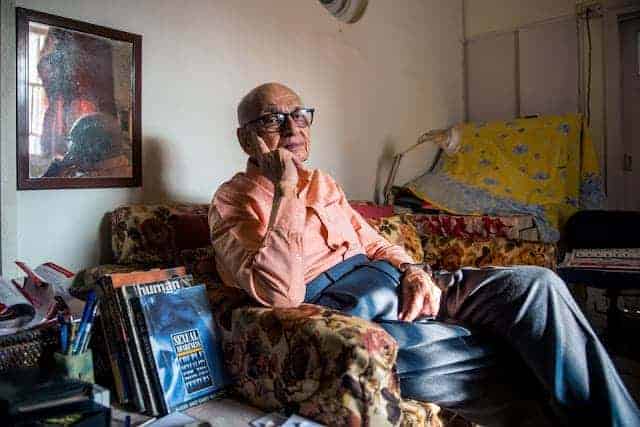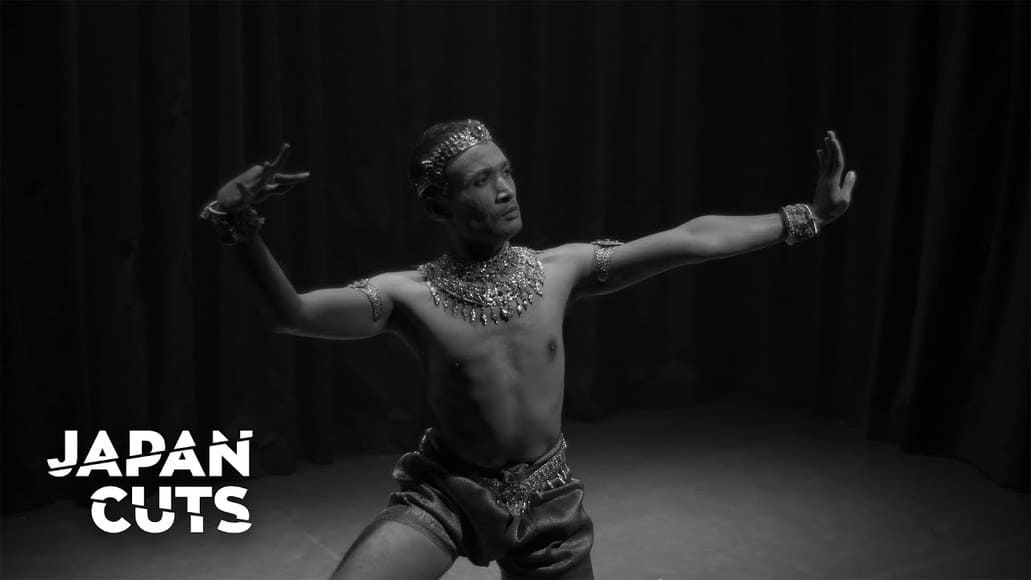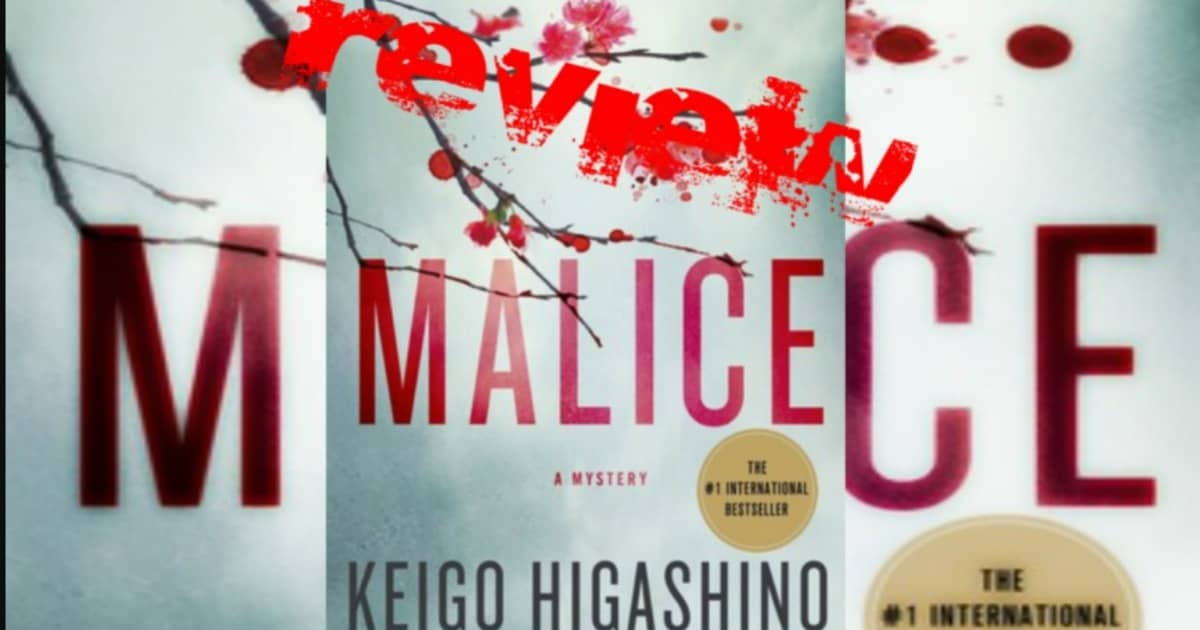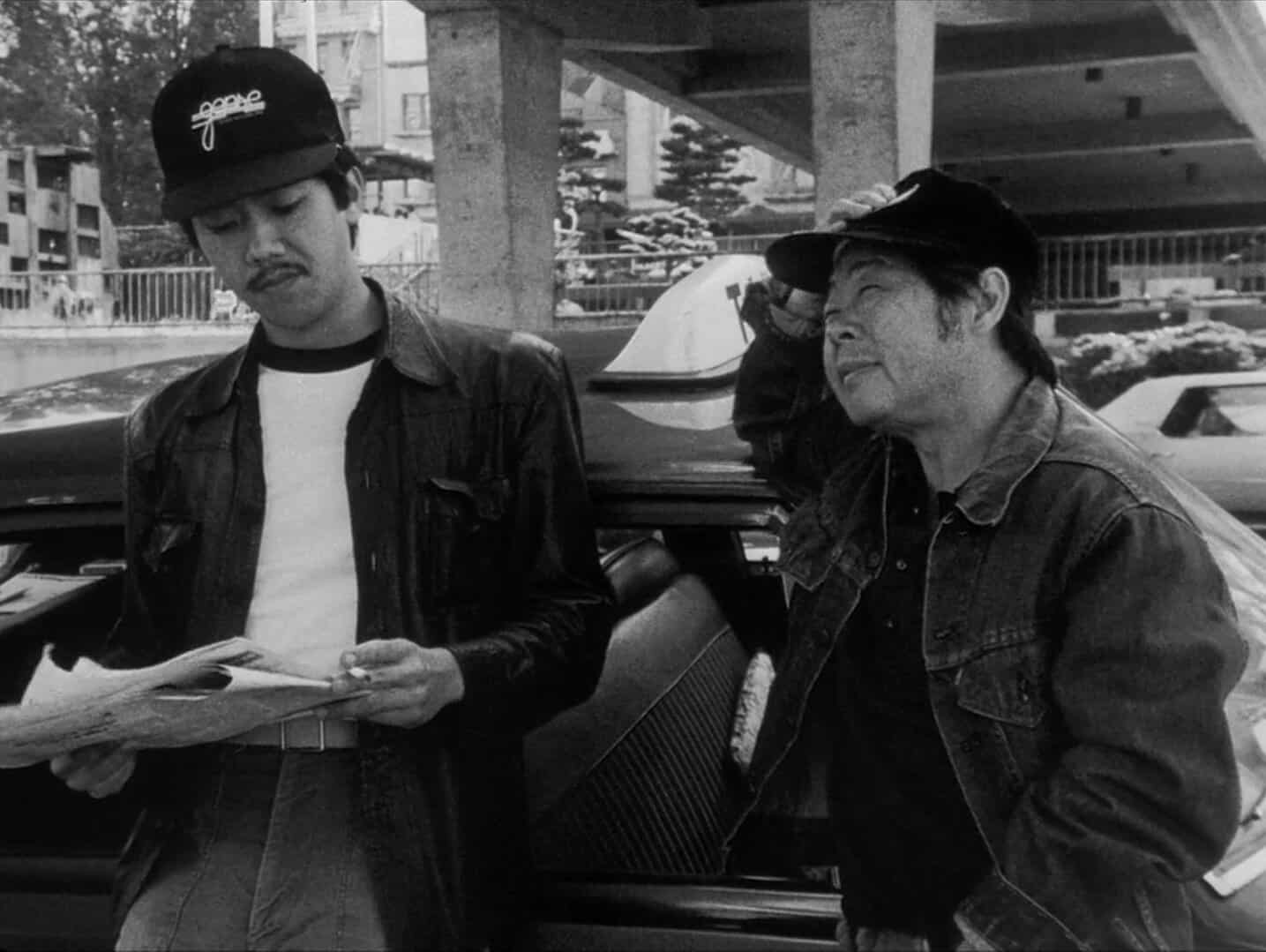Although mostly known to the West for his samurai films, “Samurai Assassin” and “The Sword of Doom” among others, Kihachi Okamoto’s more than 40 long filmography also includes a cooperation with the Art Theatre Guild, in an anti-war satire that is as antithetical to the Toho’s commercially successful star-studded war epic “Japan’s Longest Day” as possible.
Buy This Title
on Amazon by clicking on the image below
“The Human Bullet” focuses on an unnamed soldier mentioned as Him, who undergoes a rather unusual trip from his training to his visit to various locations around the base, including a second-hand bookstore, the desert, and a village filled of prostitutes, before he is send off to serve his country as a Human Bullet, which is how the film refers to the Kamikazis.
Following a scene where Him is the only one training naked in explosives, the story then shows how this absurd event came to be, through a scene that might as well have inspired Stanley Kubrick for “Full Metal Jacket” between Him and his higher up. In that fashion, the satirical, rather criticizing approach of the movie is established, initially highlighting the nonsensicality of the army regulations and of the Japanese government orders during WW2, and continuing with the harshness and ridiculousness of the whole concept of war. The second-hand bookstore in the middle of nowhere adds even more to this approach, particularly by having the owner being without hands after a bombing, with the “payment” he asks for the book Him buys being truly hilarious. The village with the aggressive, rather ugly prostitutes adds the element of sex in the narrative, before his meeting with The Girl moves the story into romantic/love story paths, in a way however, that shows that neither of these three aspects can be fulfilled during war.
As Him continues to move in the area, a truly dystopian setting is revealed, excellently photographed by Hiroshi Murai, while the road-movie style takes over completely, in Okamoto’s effort to criticize/satirize as many concepts as possible. Probably one of the most pointed ones comes upon the appearance of the teacher and his two students, one boy and one girl, which shows how similar the rhetoric and the practices of the school and the army were at the time. The appearance of the three women, and their references to Greek philosophers and Sada Abe is probably the most hilarious moment in the movie, while their eventual fate also highlights how the war turns people to animals. Lastly, the eventual fate of his “Human Bullet” mission, once more showcases the ridiculousness of the whole concept, including the kamikaze one.
The episodic nature Okamoto implements here, which is also interspersed with a number of flashbacks, works quite well, since it allows him to present all his comments, and also to include his “blasphemous” absurd sense of humor in a way that adds to the entertainment the film offers. This element benefits the most from Yoshihiro Araki’s editing, both in terms of the rather fast pace, and the way the episodes and flashbacks are placed within the narrative, which occasionally functions in documentary-like style. At almost two hours, however, this approach becomes a bit tedious after a point, also considering the number of cinematic and contextual elements appearing here, although not to a point to fault the overall great sense the movie emits.
The quality of the film owes a lot to Minori Terada in the protagonist role, with him appearing in almost every scene, playing a character that is naive, simple, but also heroic and filled with kindness and resolve, in the most nuanced fashion.
“Human Bullet” is another excellent production by ATG and Kihachi Okamoto, that highlights the heights (Japanese) cinema can reach when it is completely free from any kind of political correctness or any other concept that restricts the freedom of (cinematic) expression.


